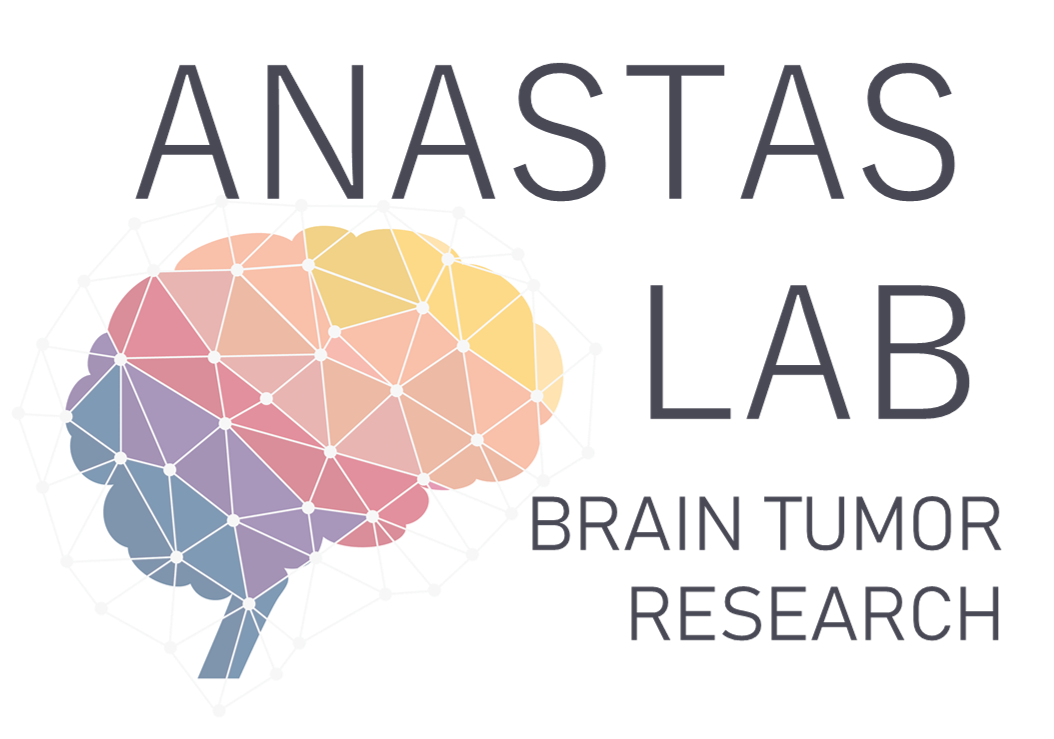
Research Projects
Overview
Diffuse midline glioma (DMG) and high grade glioma (HGG) are aggressive, pediatric brain tumors with no effective therapies. DMG and HGG frequently harbor point mutations in histone H3 (H3G34R/V and H3K27M), resulting in aberrant chromatin and gene regulation. Our broad, research goals are to identity genes and molecular pathways driving pediatric brain tumor development and progression, and to use this knowledge to develop better therapies.
Glioma gene regulation
One common feature of HGG is the abnormal re-activation of gene expression programs associated with glial development. Ongoing studies are revealing how mutant histones co-opt different gene regulators and chromatin modifying enzymes to induce progenitor cell genes in glioma. Recently, we have been focusing on roles for RNA polymerase 2 (Pol2) elongation regulators and the SAGA acetyltransferase complex in glioma stem cells.
HGG combination therapies
We have identified chromatin-targeting drugs as potential therapies for these brain tumors, including LSD1 and HDAC inhibitors. We are working to optimize different combinations of these drugs to synergistically inhibit gliomagenesis. We are also studying whether drugs normally prescribed for other neurological diseases like depression and anxiety might be re-purposed to enhance the response of these brain tumors to drugs that modulate gene regulation.
Glioma immunotherapy
In addition to small molecule inhibitors, chimeric antigen receptor T cells (CART) targeting glioma antigens like GD2 and B7-H3 have shown promise in recent clinical trials. Another research objective is to develop strategies for targeting chromatin regulation to prime pediatric brain tumors for enhanced T cell targeting and to improve immunotherapeutic response.
Papers
Lab Pnotos
Meet the Lab
Home
Join Us
Houston









